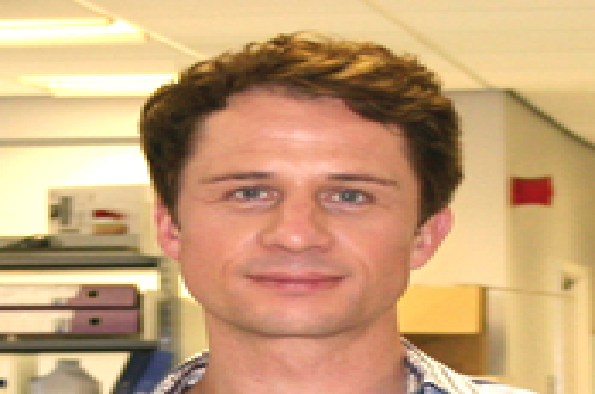
Life without DNA replication origins - Thorsten Allers (University of Nottingham)
- Blanca Perez Sepulveda
- Suitable for: Staff and students with an interest in Behaviour, Evolution, Ecology and Microbiology
- Admission: Free Event
Add this event to my calendar
Click on "Create a calendar file" and your browser will download a .ics file for this event.
Microsoft Outlook: Download the file, double-click it to open it in Outlook, then click on "Save & Close" to save it to your calendar. If that doesn't work go into Outlook, click on the File tab, then on Open & Export, then Open Calendar. Select your .ics file then click on "Save & Close".
Google Calendar: download the file, then go into your calendar. On the left where it says "Other calendars" click on the arrow icon and then click on Import calendar. Click on Browse and select the .ics file, then click on Import.
Apple Calendar: The file may open automatically with an option to save it to your calendar. If not, download the file, then you can either drag it to Calendar or import the file by going to File >Import > Import and choosing the .ics file.
The replication enzymes found in archaea and eukaryotes differ fundamentally from those in bacteria. If homologous recombination is an ancestral process that predates the split between bacteria, archaea and eukaryotes, and the evolution of their different machineries for DNA replication, could it have been used to initiate replication in the last common ancestor?
We have shown that in the archaeon Haloferax volcanii, deletion of all chromosomal origins leads to the initiation of all DNA replication by homologous recombination. If homologous recombination alone can efficiently initiate the replication of an entire cellular genome, what purpose do replication origins serve and why they have evolved?
